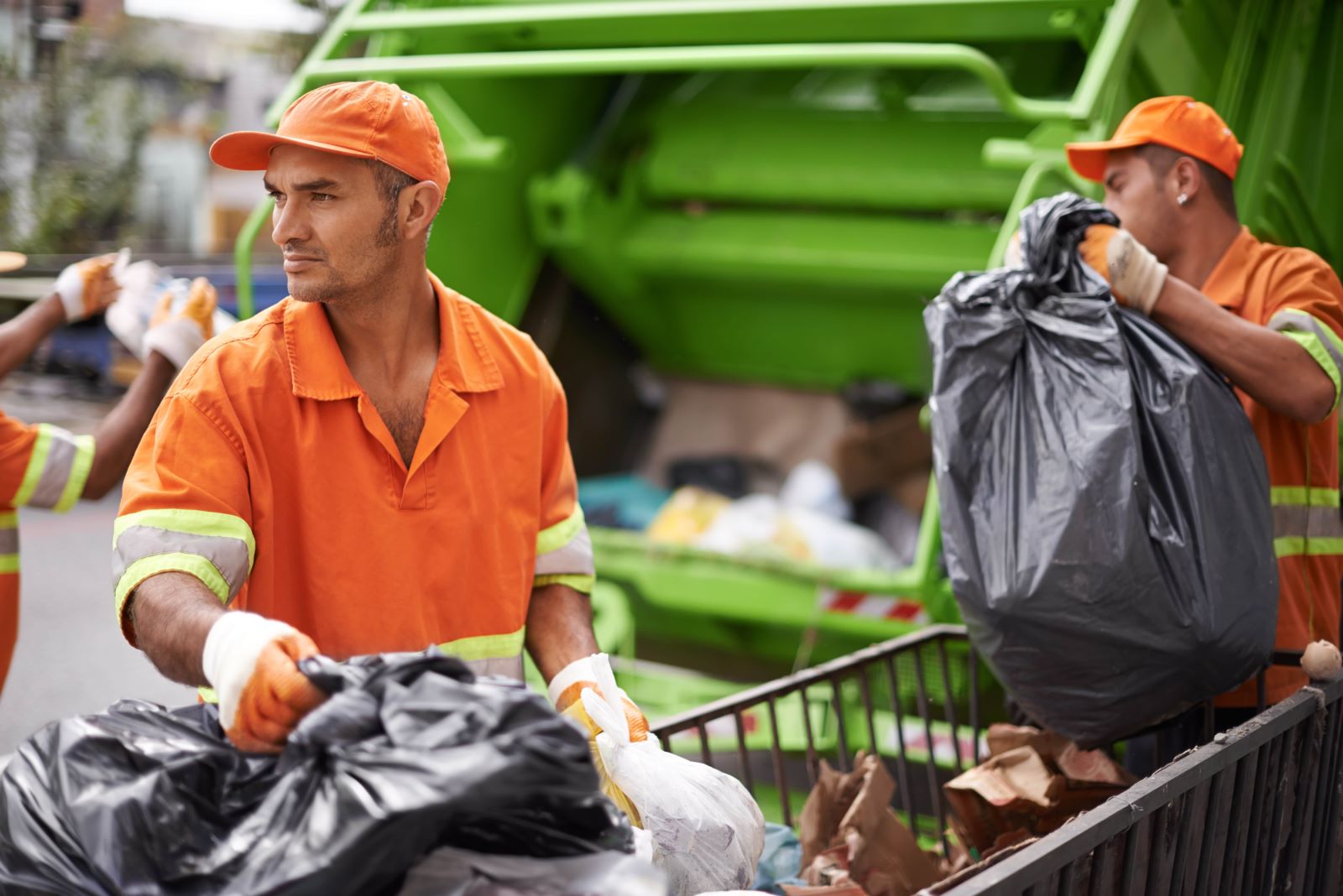Waste Disposal Companies in South Africa: Compliance
In South Africa, proper waste disposal companies’ practices are essential to protect public health and the environment. Waste disposal companies play a crucial role in ensuring that waste is managed safely and in compliance with regulations. Let’s explore a comprehensive guide to proper waste disposal practices and regulatory compliance in South Africa.
Understanding Waste Classification
Before delving into waste disposal practices, it’s important to understand how waste is classified in South Africa. The National Environmental Management: Waste Act (Act No. 59 of 2008) categorises waste into different classes based on its nature, source, and potential environmental impact. These classes include general waste, hazardous waste, and medical waste, among others.
Segregation and Storage
Proper waste disposal begins with segregation at the source. Businesses and households should separate their waste into different categories to facilitate recycling and proper disposal. Waste disposal companies often provide colour-coded bins or containers for different types of waste, making it easier to segregate waste streams. It’s important to store waste securely to prevent spills, leaks, and contamination.
Transportation and Handling
Transporting waste requires careful planning and adherence to safety protocols. Waste disposal companies in South Africa use specially equipped vehicles and trained personnel to transport waste safely. Hazardous waste, in particular, must be handled with extreme caution to minimise the risk of exposure to harmful substances. Proper labelling and documentation are also essential for tracking waste from collection to disposal.
Treatment and Disposal Methods
Once waste reaches a disposal facility, it undergoes treatment to render it safe for final disposal. Different types of waste may require different treatment methods, such as incineration, composting, or landfilling. Hazardous waste, for example, may require specialised treatment to neutralise or detoxify hazardous substances. Waste disposal companies ensure that treatment methods comply with regulatory requirements and minimise environmental impact.
Compliance with Regulations
Regulatory compliance is a critical aspect of waste disposal in South Africa. Waste disposal companies must adhere to a complex web of national, provincial, and municipal regulations governing waste management. These regulations cover everything from waste classification and transportation to treatment and disposal methods. Failure to comply with regulations can result in fines, legal liabilities, and damage to the environment.
Environmental Impact and Sustainability
Proper waste disposal practices aim to minimise the environmental impact of waste management activities. Recycling, composting, and waste-to-energy technologies are increasingly used to reduce the volume of waste sent to landfills and conserve natural resources. Waste disposal companies in South Africa are also investing in sustainable practices, such as carbon offsetting and pollution prevention measures, to mitigate their environmental footprint.
Educational Outreach and Community Engagement
To promote proper waste disposal practices, waste disposal companies engage in educational outreach and community programs. These initiatives raise awareness about the importance of waste management and provide practical tips for reducing waste and recycling. Waste disposal companies also work closely with local authorities, businesses, and communities to address specific waste management challenges and improve overall environmental sustainability.
Ensuring a Cleaner, Safer Future
In conclusion, proper waste disposal practices and regulatory compliance are essential for protecting public health and the environment in South Africa. By following this comprehensive guide, businesses and individuals can ensure that waste is managed safely, responsibly, and in accordance with regulations. Waste disposal companies play a crucial role in facilitating proper waste disposal and promoting environmental sustainability. Together, we can work towards a cleaner, safer future for all.
Take action today to ensure your waste disposal practices align with regulations and best practices in South Africa. Contact reputable waste disposal companies to learn how they can assist you in properly managing your waste and protecting the environment. Let’s work together to promote sustainability and safeguard public health – contact us today!







